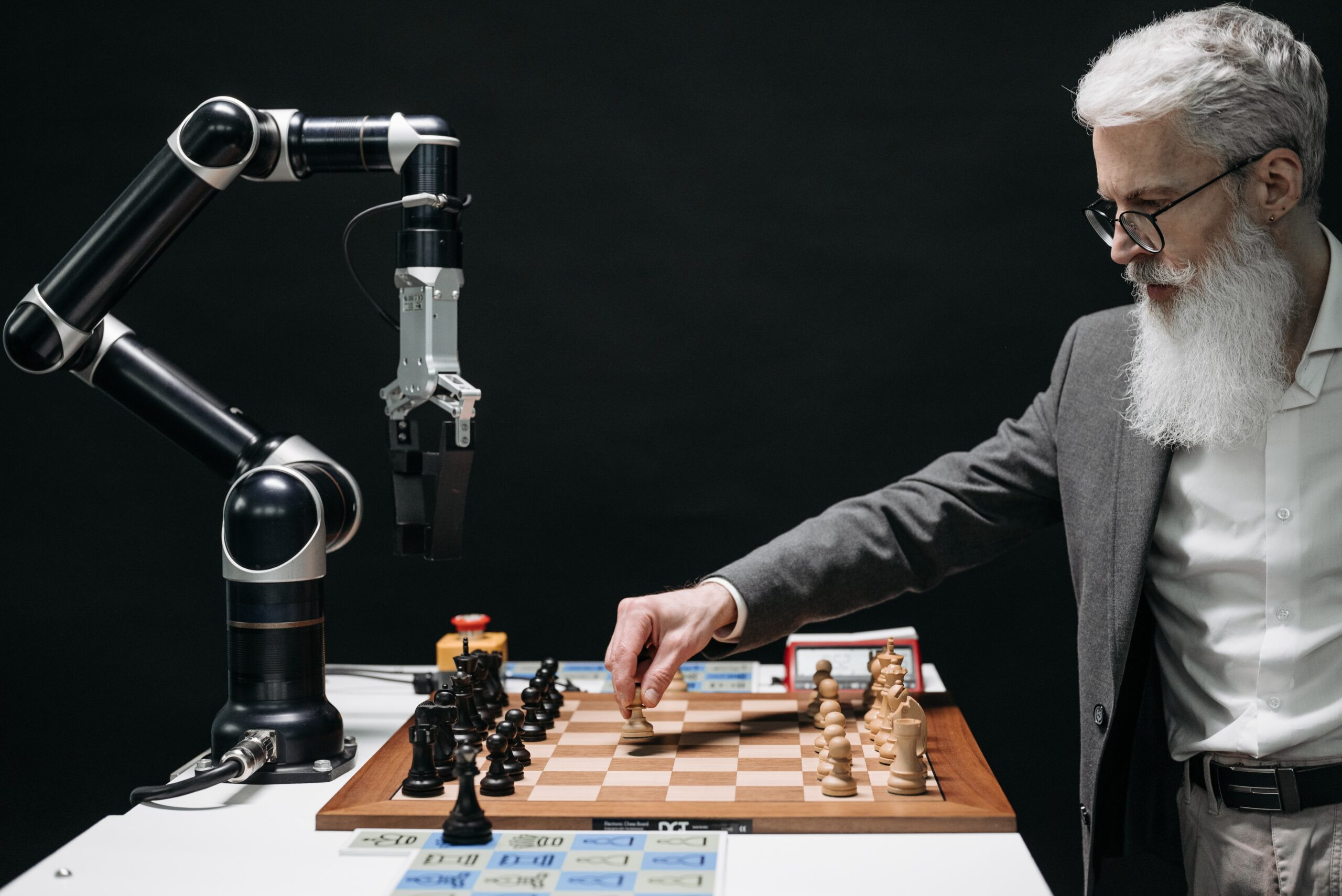The Rise of AI and Its Impact on Jobs
Artificial intelligence (AI) is no longer a futuristic concept but a rapidly evolving reality. Its applications are expanding across various sectors, from healthcare and finance to manufacturing and transportation. As AI automates tasks and processes, it is inevitably transforming the job market, creating both opportunities and challenges.
A Shift in the Job Landscape
The impact of AI on employment is a complex issue with a mix of positive and negative implications. On one hand, AI is creating new jobs in areas like AI development, data science, and cybersecurity. It is also improving existing jobs by automating mundane tasks, freeing up time for employees to focus on more creative and strategic work.
However, AI is also automating certain jobs, particularly those involving repetitive tasks or data entry. This has led to concerns about job displacement, particularly in industries like manufacturing and customer service. For example, a study by the McKinsey Global Institute estimated that up to 375 million workers globally could face displacement due to automation by 2030.
Adapting to the AI-Driven Future
The key to navigating this evolving job market lies in adapting to the changing skills demands. AI is not replacing human intelligence but augmenting it, opening up new opportunities for those with the right skills.
Developing in-Demand Skills
The future of work will demand a different set of skills. Here are some areas where individuals can focus their learning:
- Technical Skills: Proficiency in AI technologies like machine learning, deep learning, and natural language processing is crucial for those seeking roles in AI development or related fields.
- Data Analysis and Interpretation: The ability to understand and analyze large datasets will be vital in an AI-driven world. Data analysis, visualization, and statistical modeling skills are becoming increasingly valuable.
- Critical Thinking and Problem Solving: AI can automate tasks, but it cannot replace human creativity, critical thinking, and problem-solving skills. These skills are essential for developing innovative solutions and adapting to changing situations.
- Communication and Collaboration: Effective communication and collaboration are essential for working in a team and communicating with stakeholders, especially in AI-related projects.
- Lifelong Learning: The pace of technological change is accelerating. Individuals will need to embrace lifelong learning to stay relevant and adaptable.
Preparing for the AI Revolution
The good news is that there are steps individuals can take to prepare for the AI-driven future:
- Invest in Education and Training: Individuals should explore educational opportunities in AI, data science, and other emerging fields. Online courses, boot camps, and university programs offer various pathways to acquire the necessary skills.
- Upskill and Reskill: Even if you're currently employed, consider upskilling or reskilling to keep your skills relevant. There are many online platforms offering courses and certifications that can help you stay competitive.
- Embrace Adaptability: The future of work is uncertain. Be prepared to adapt to new technologies and embrace lifelong learning. This means being open to new opportunities and challenges.
Conclusion: A Future of Collaboration
The rise of AI presents both opportunities and challenges. While some jobs may be automated, AI also creates new ones, requiring a different set of skills. The key to success in the future of work is to embrace adaptability, develop the right skills, and stay informed about the evolving landscape of AI and its implications for the job market. By working together, humans and AI can create a future of collaboration and innovation, where both play complementary roles in driving progress and solving complex problems.

















